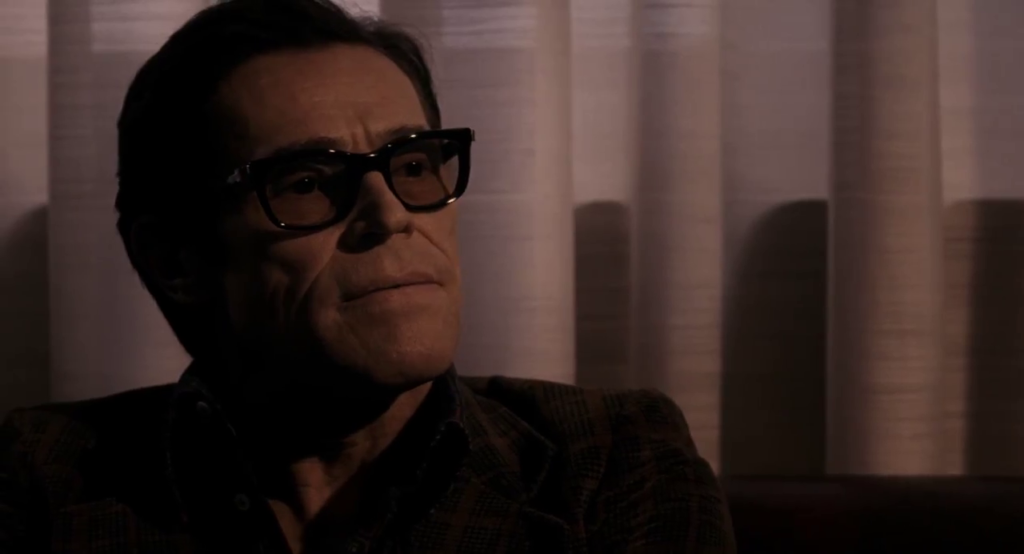LFF: Pasolini review
 Creating a biopic of the controversial Italian director, poet and essayist Pier Paolo Pasolini is quite an undertaking, and while Abel Ferrara may have stumbled every now and again in Pasolini, he’s certainly made an admirable effort. Willem Dafoe, who does look rather like Pasolini, attacks the central role with confidence and imbues the film with a real sense of tragedy.
Creating a biopic of the controversial Italian director, poet and essayist Pier Paolo Pasolini is quite an undertaking, and while Abel Ferrara may have stumbled every now and again in Pasolini, he’s certainly made an admirable effort. Willem Dafoe, who does look rather like Pasolini, attacks the central role with confidence and imbues the film with a real sense of tragedy.
This film is frequently oblique and will no doubt be nearly inscrutable for anyone without significant prior knowledge of Pasolini’s life and work. Ferrara has opted for a fractured approach that is structured around the last two days of Pasolini’s life but has also pulled in seemingly inconsequential fragments from other periods. The film also includes a dramatisation of Pasolini’s unfinished Porno-Teo-Kolossal, with Ninetto Davoli, the actor that Pasolini called the love of his life.
Davoli is playing Epifanio, a man who follows a star to an endless staircase to nowhere and encounters a Bacchanalian ritual in which gay men and women engage in wild sexual activities accompanied by fireworks. This sequence gave me a definite sense that Ferrara was attempting ‘do’ Pasolini, and though he doesn’t entirely succeed, the scene is perhaps one of the film’s strongest, just for its sheer visual audacity and energy.
Another highlight is an account of Pasolini’s famous last interview with the Italian journalist Furio Colombo (Francesco Siciliano). Pasolini suggested that the interview be called “We are all in danger.” It’s a tense scene which reminds us of Pasolini’s remarkable mind and how, even in his fifties, he was still very fired-up about the things he considered most important.
Ferrara, working with cinematographer Stefano Falivene, shoots Dafoe in tight close-up for much of this sequence – indeed, the same is true of many scenes – and they almost trap us with this enigmatic figure, a man we are never invited to understand or even truly engage with.
This is the key to why Pasolini can be a frustrating watch. We are not offered any great statements about Pasolini, no truths about his character are suggested, and we never really get to see past his thick black sunglasses. From the fragments we may pick up, enough of a picture forms that we’ll understand the man will forever remain a mystery
The film ends – and unsurprisingly, given the circumstances of Pasolini’s death – on an incredibly savage note that will probably be shocking to watch, even for those who know roughly what to expect.
Pasolini is bleak, brutal, explicit and takes work to unravel and understand. It’s at times an almost maddening experience, but that does seem to suit its fascinating subject.